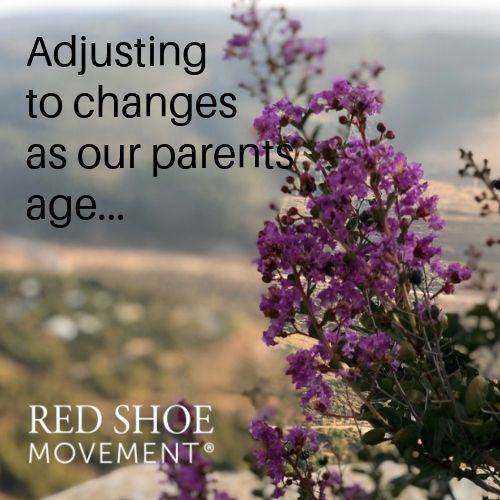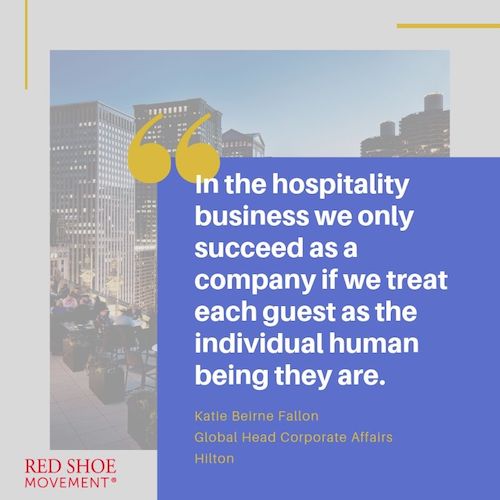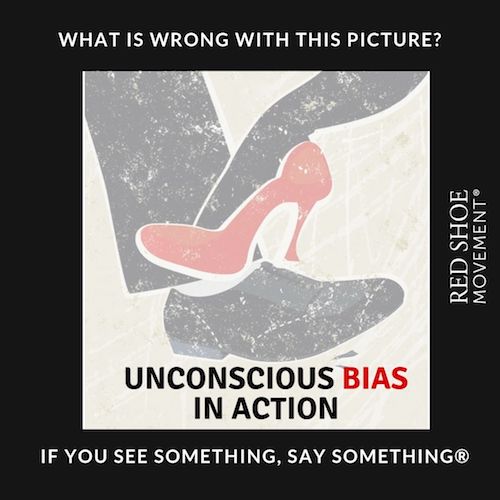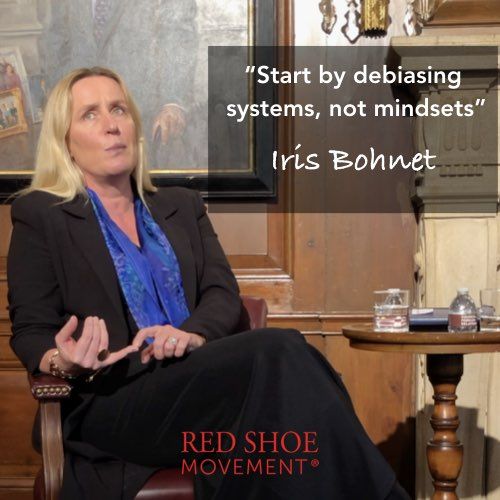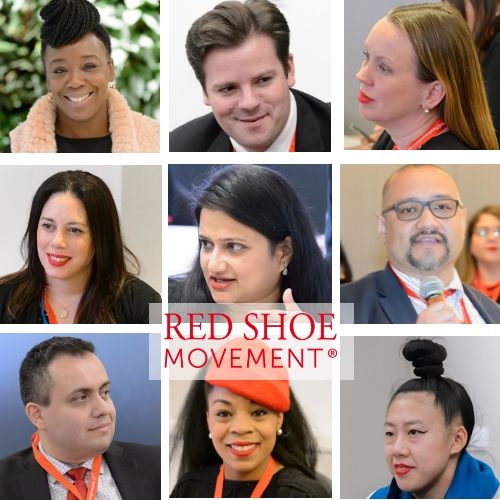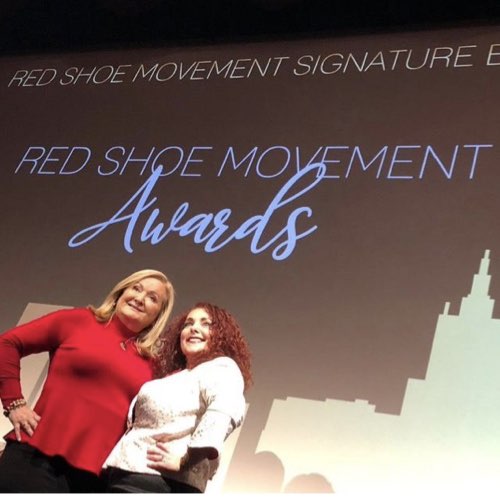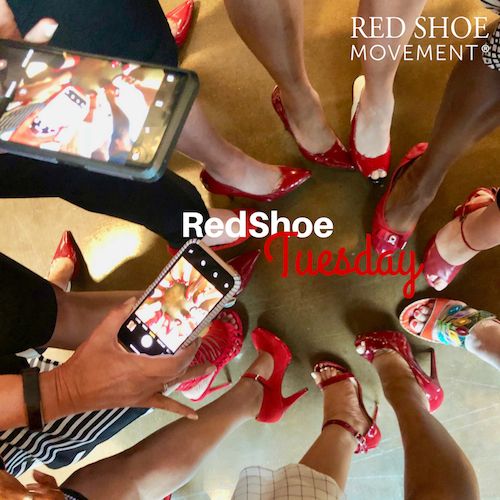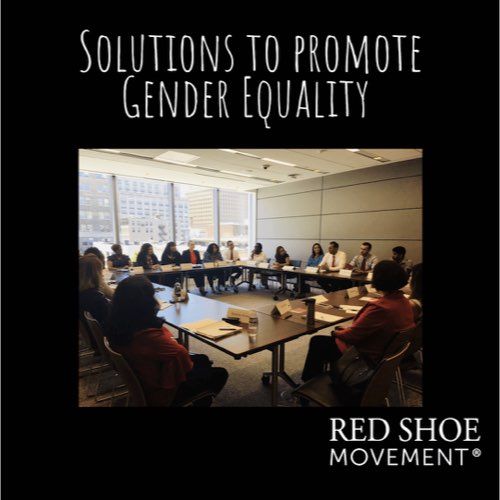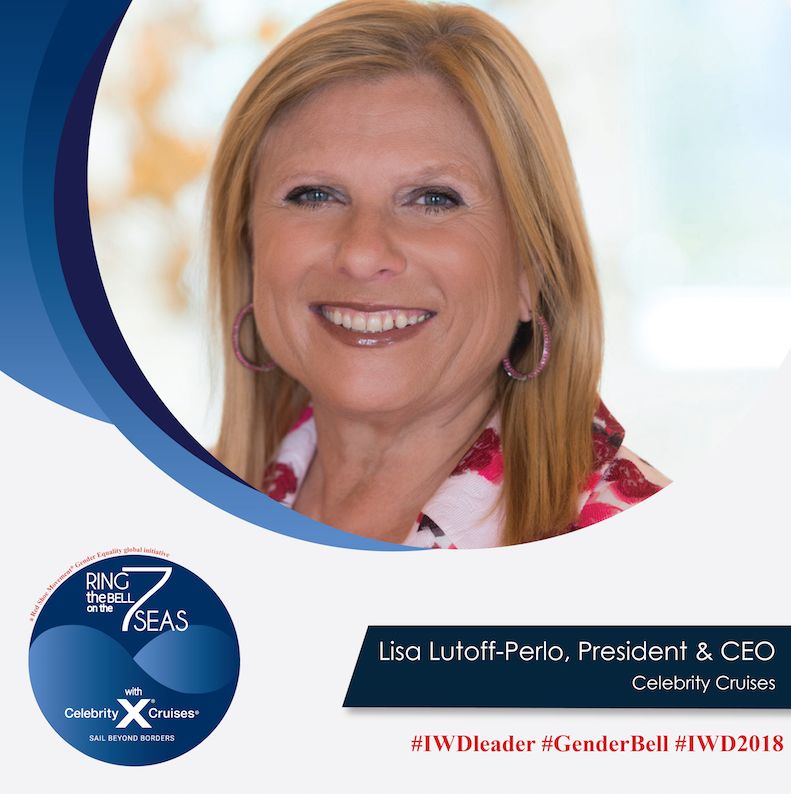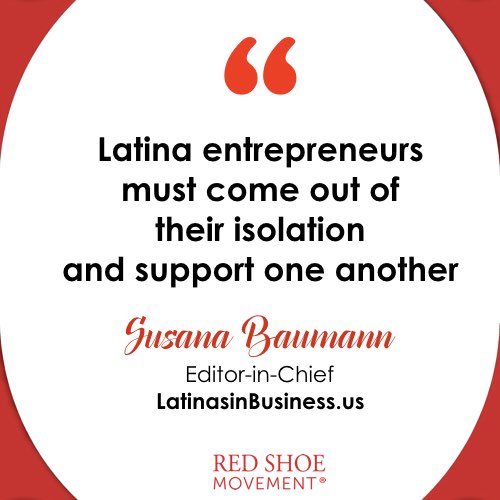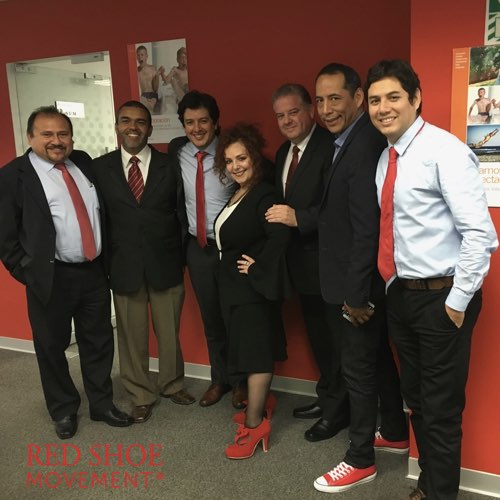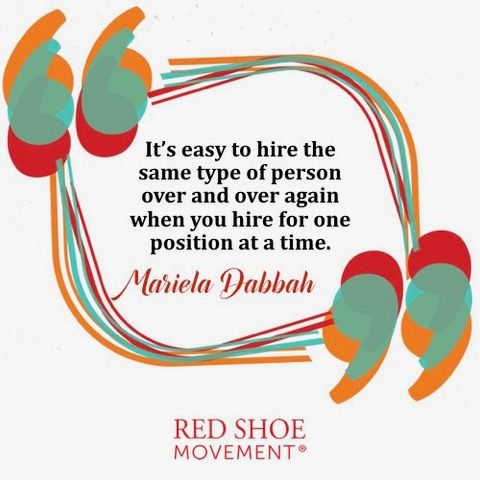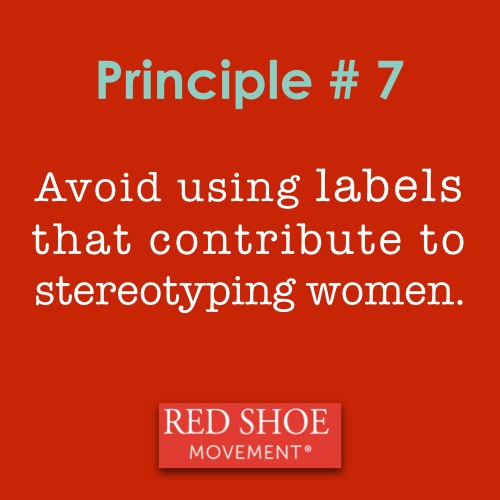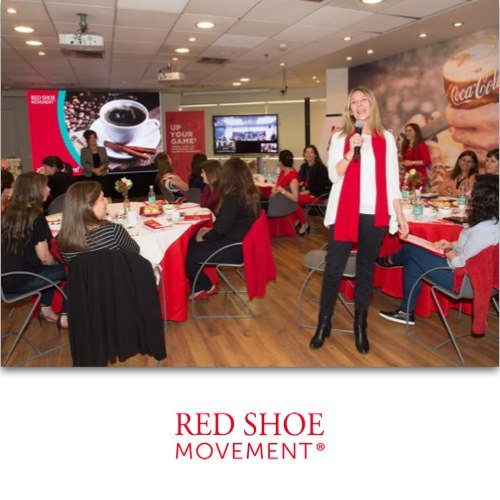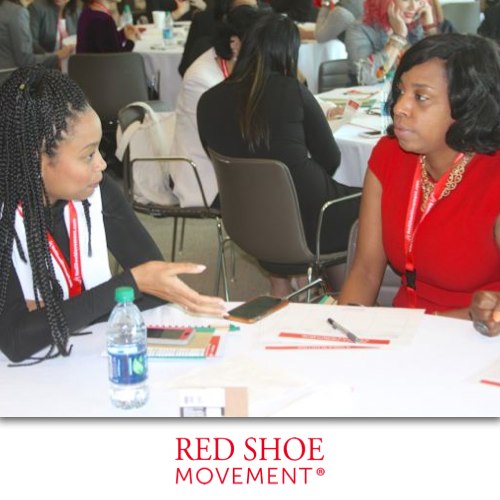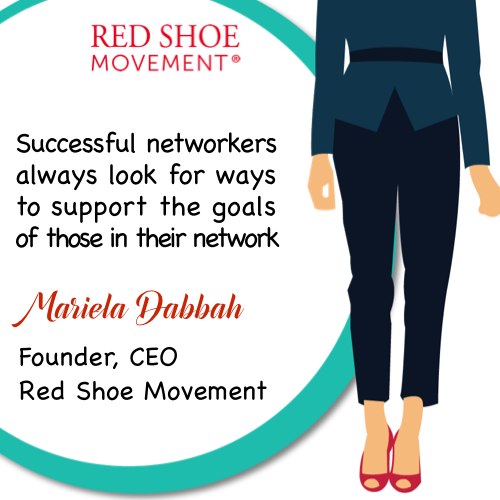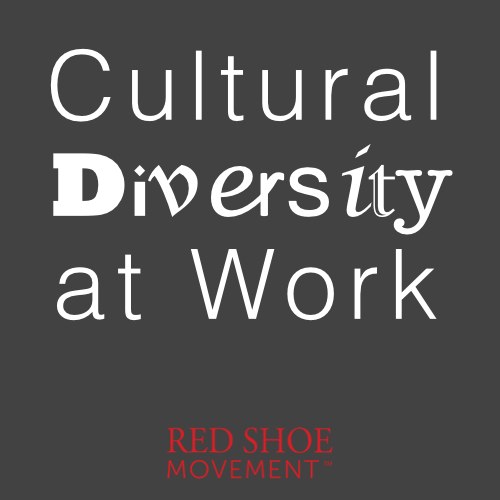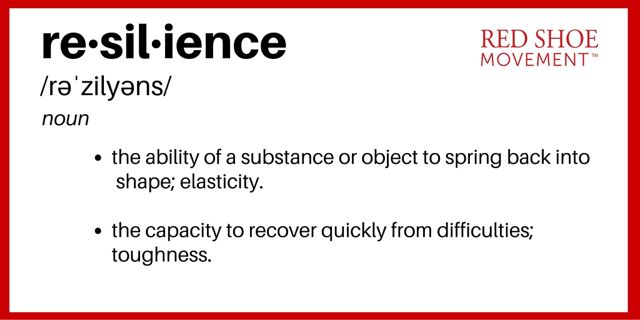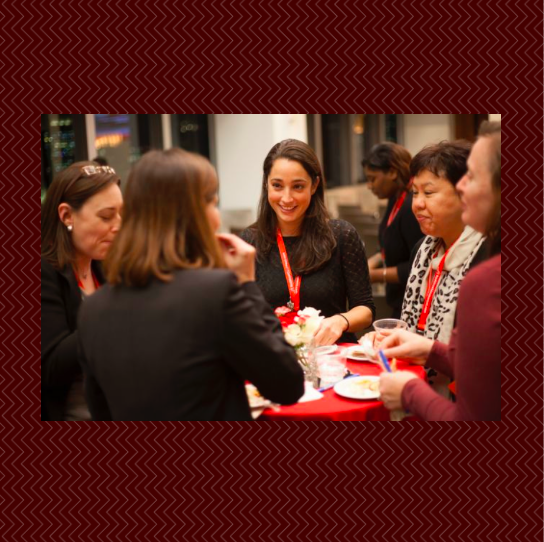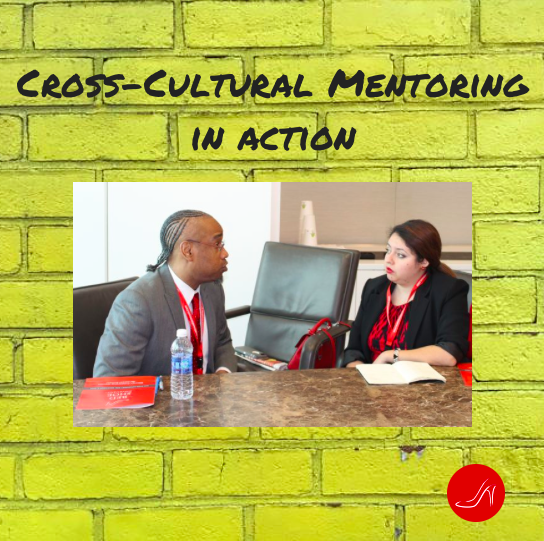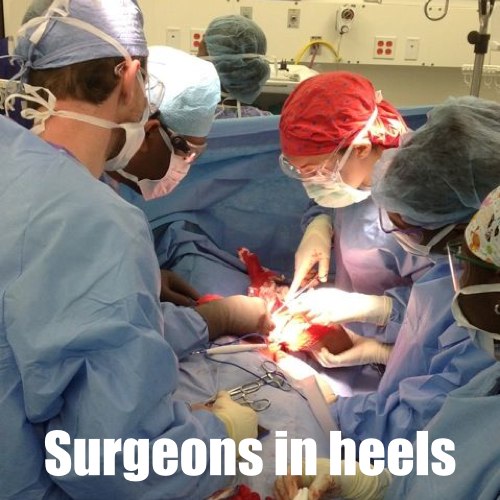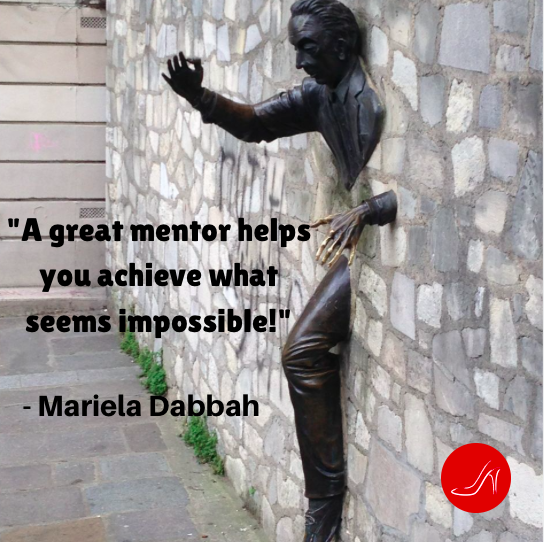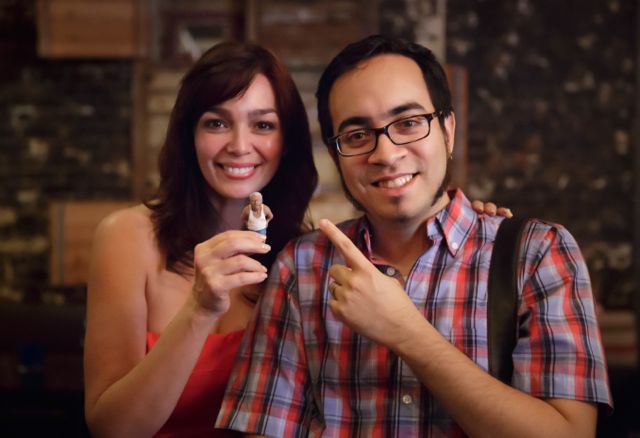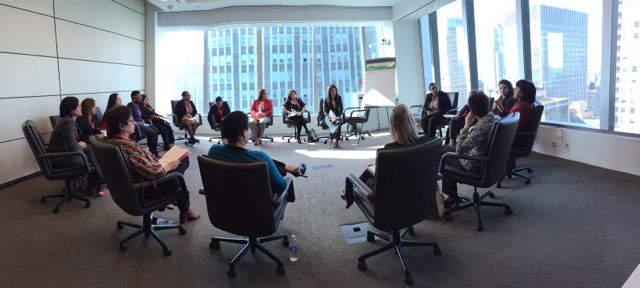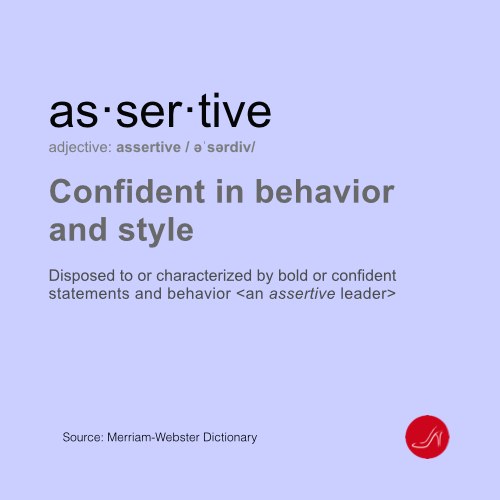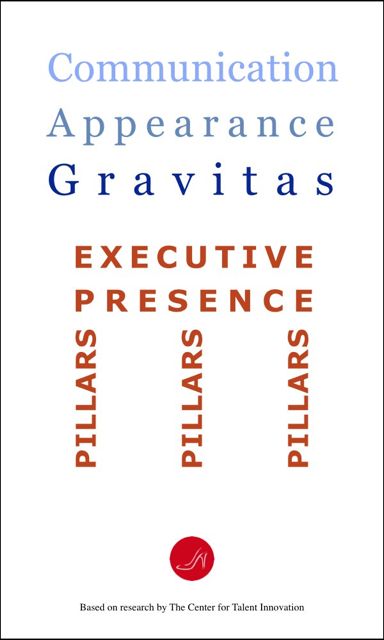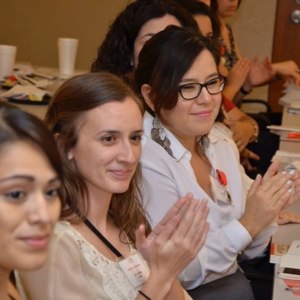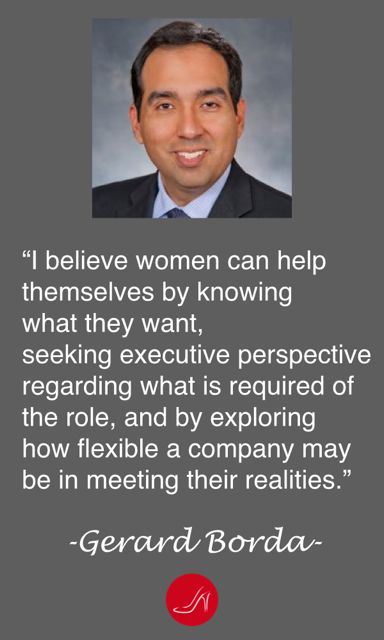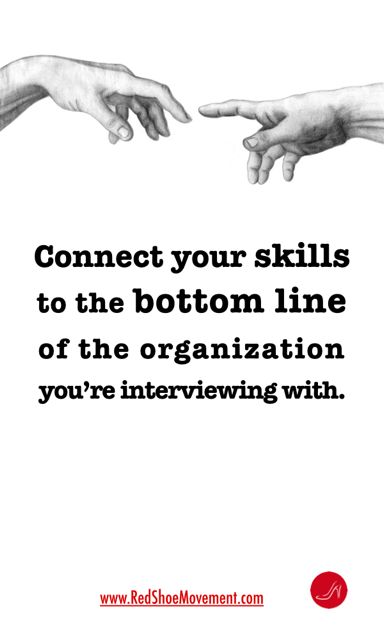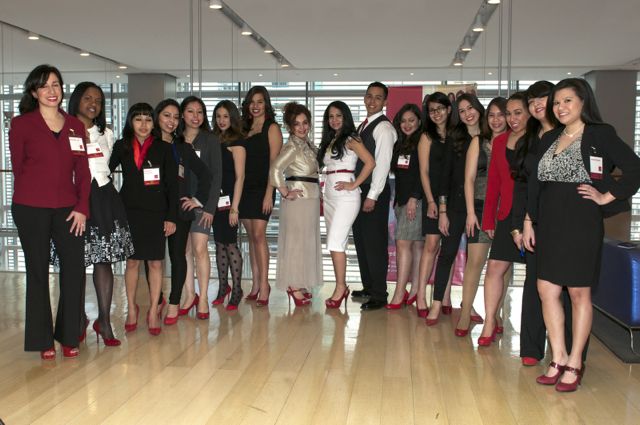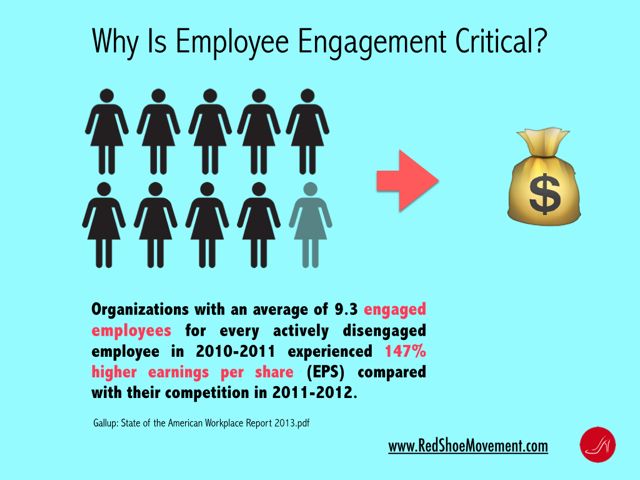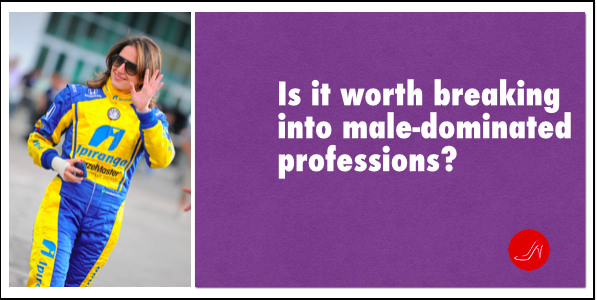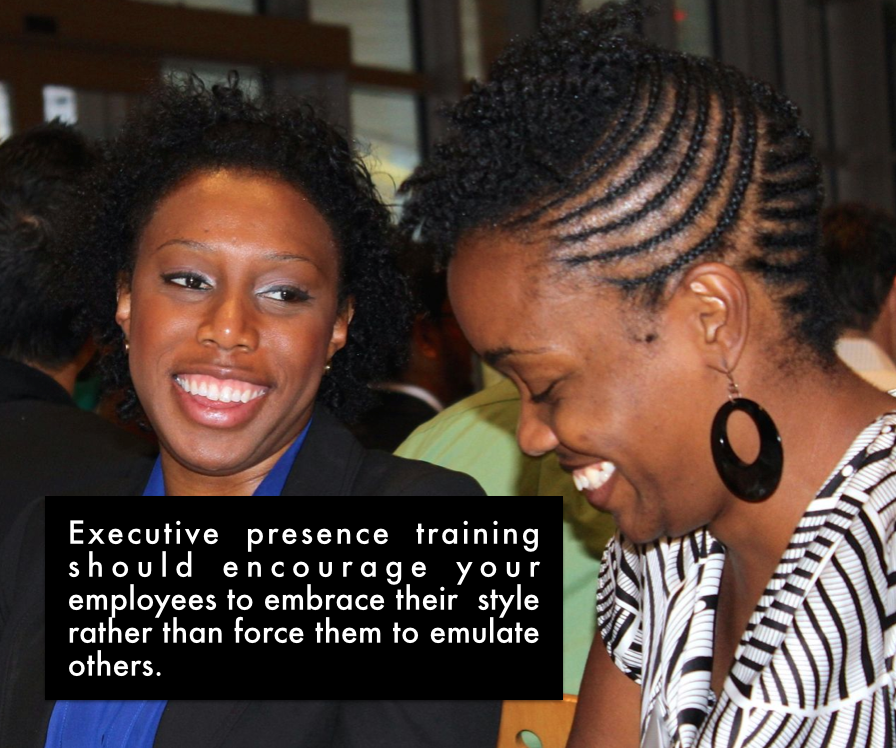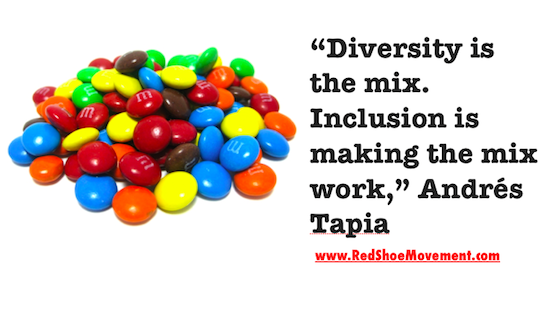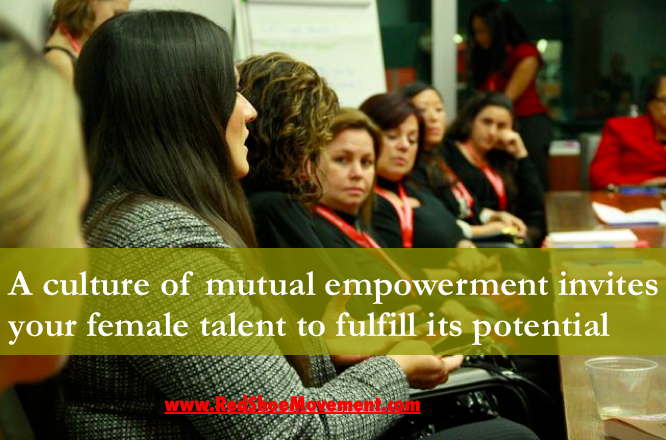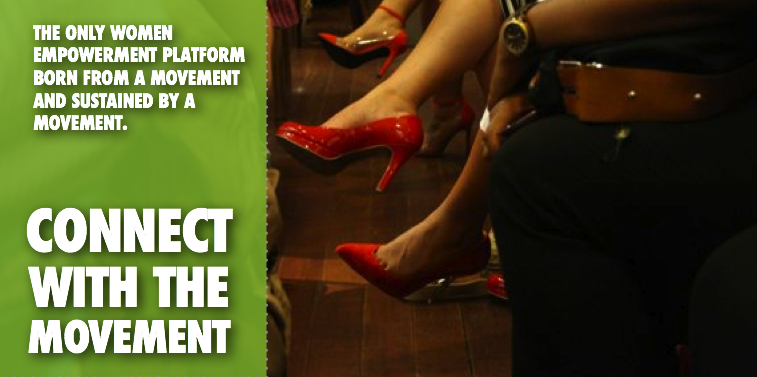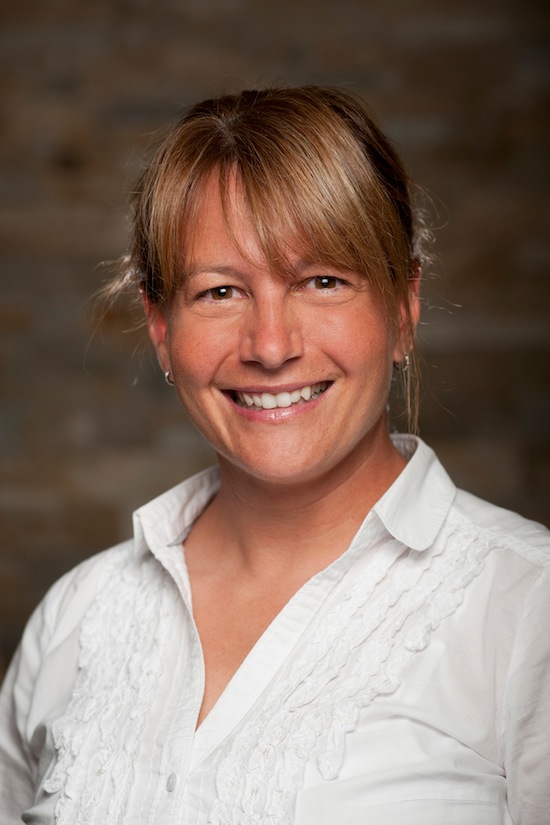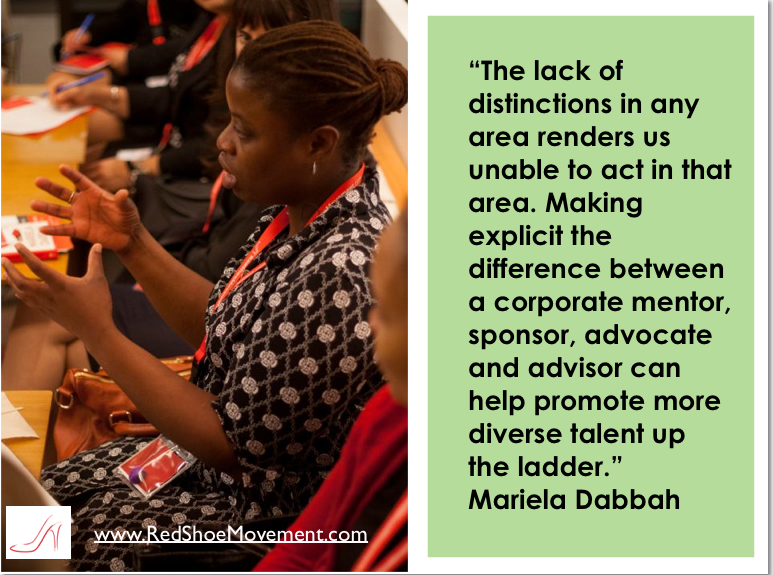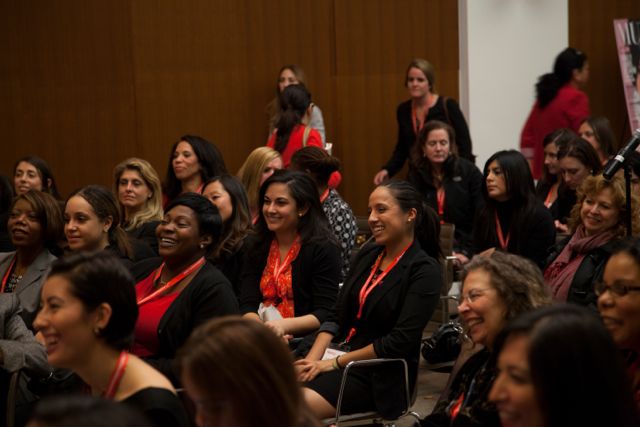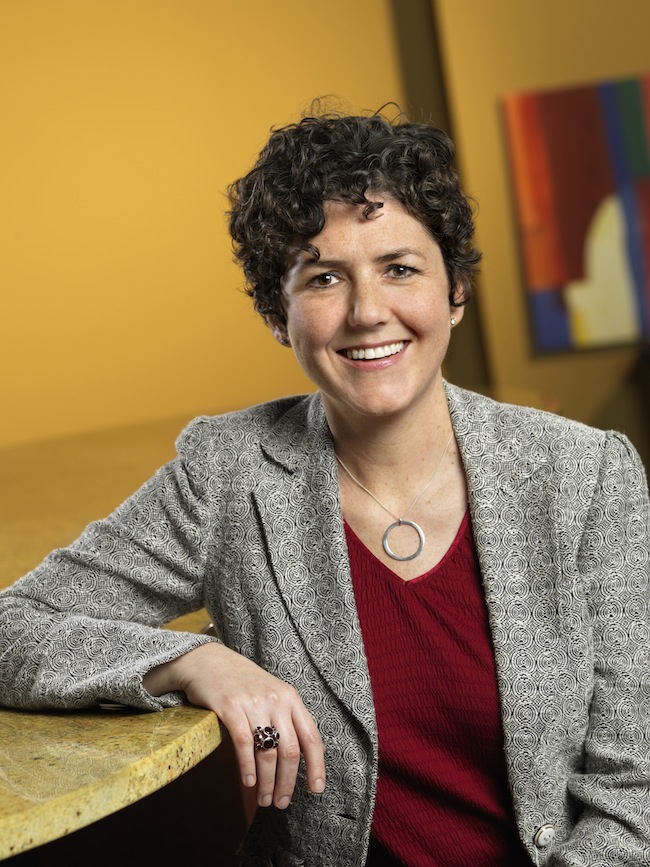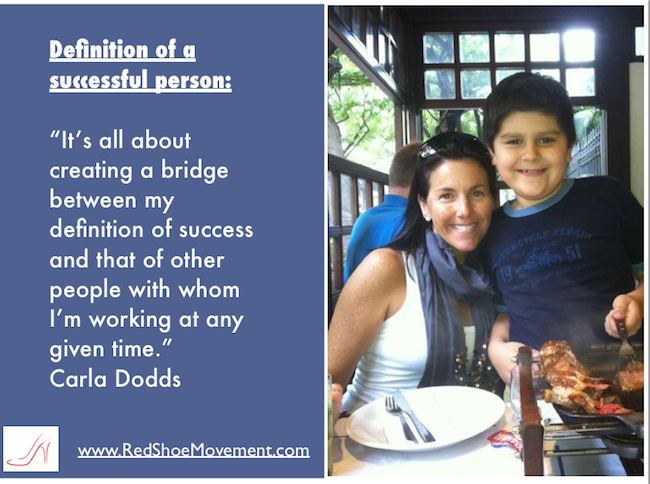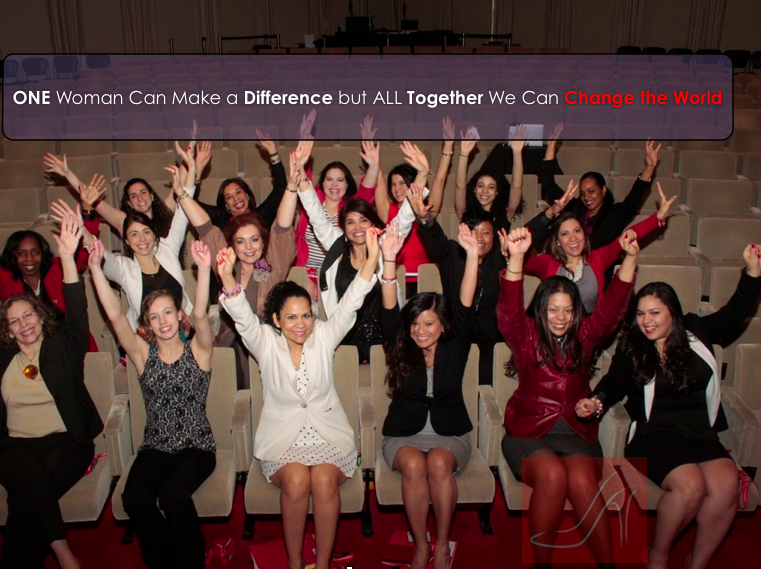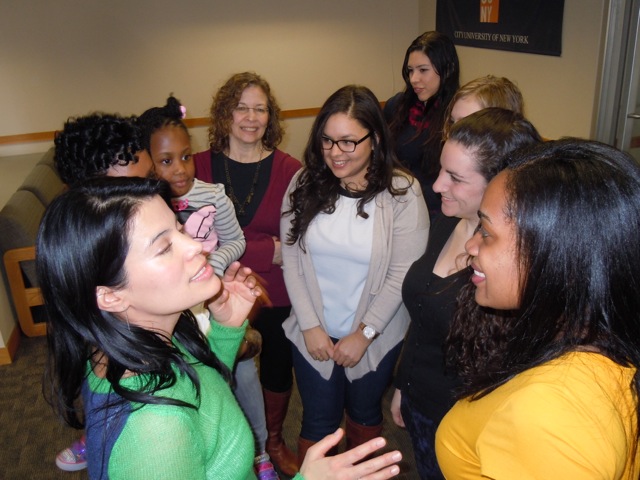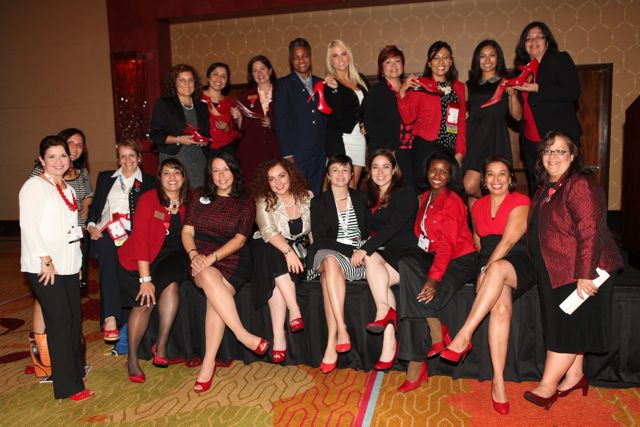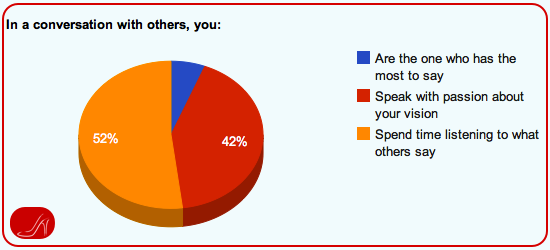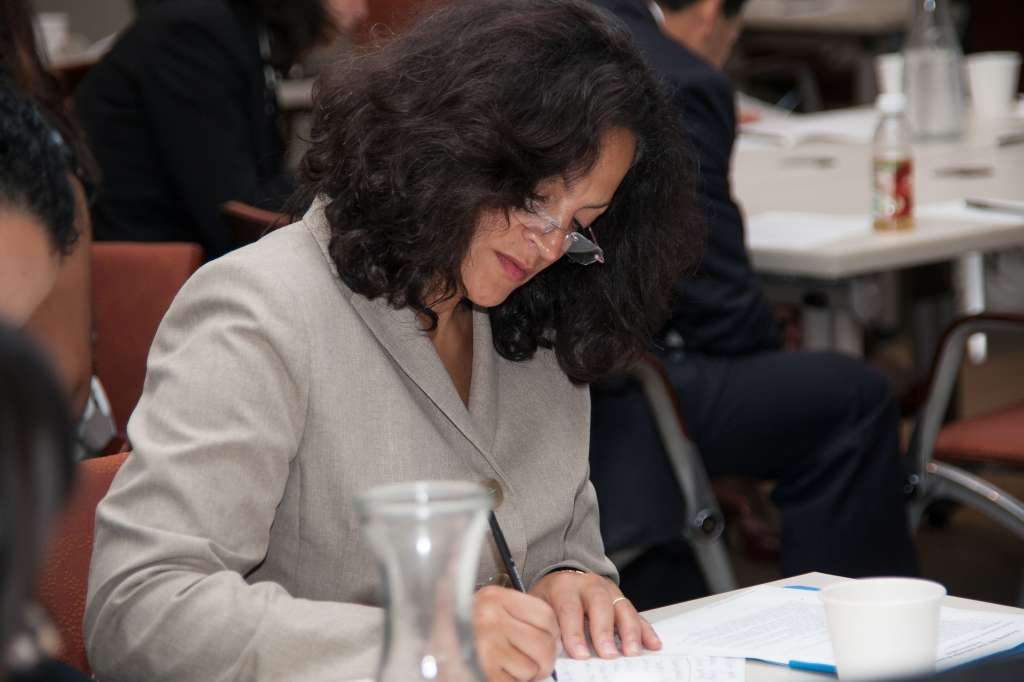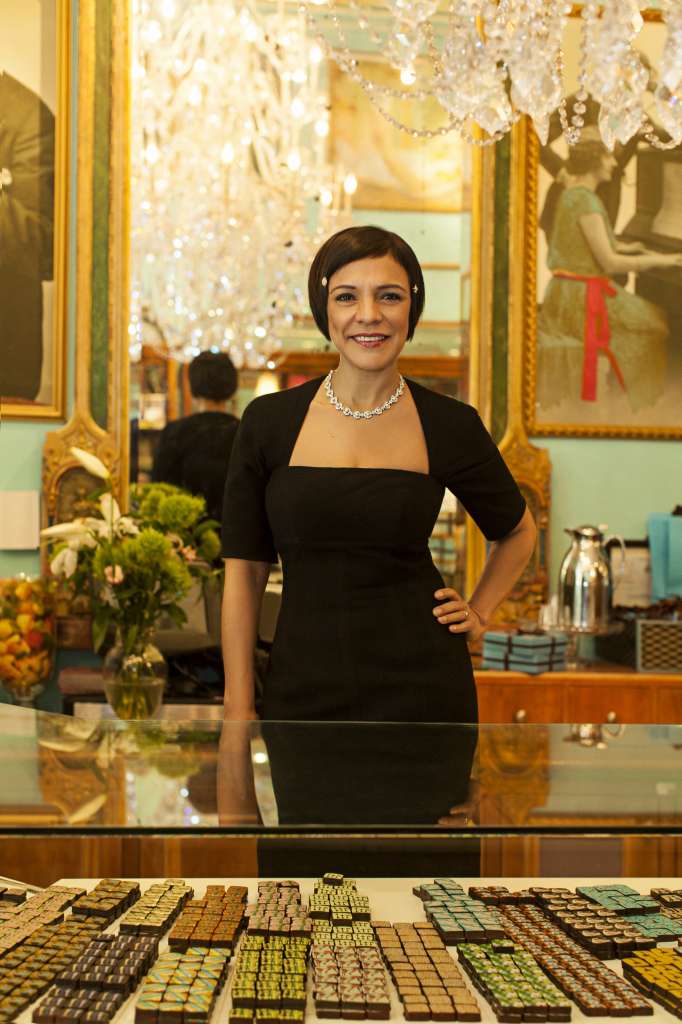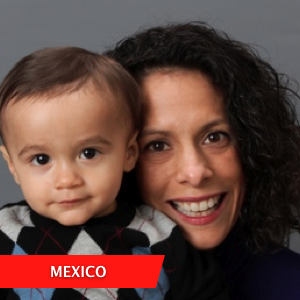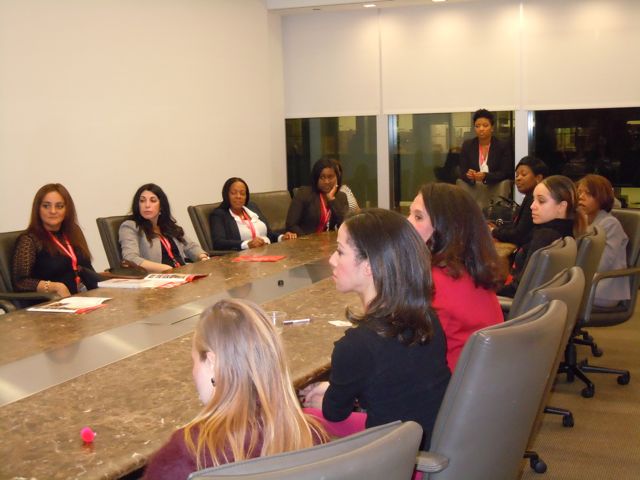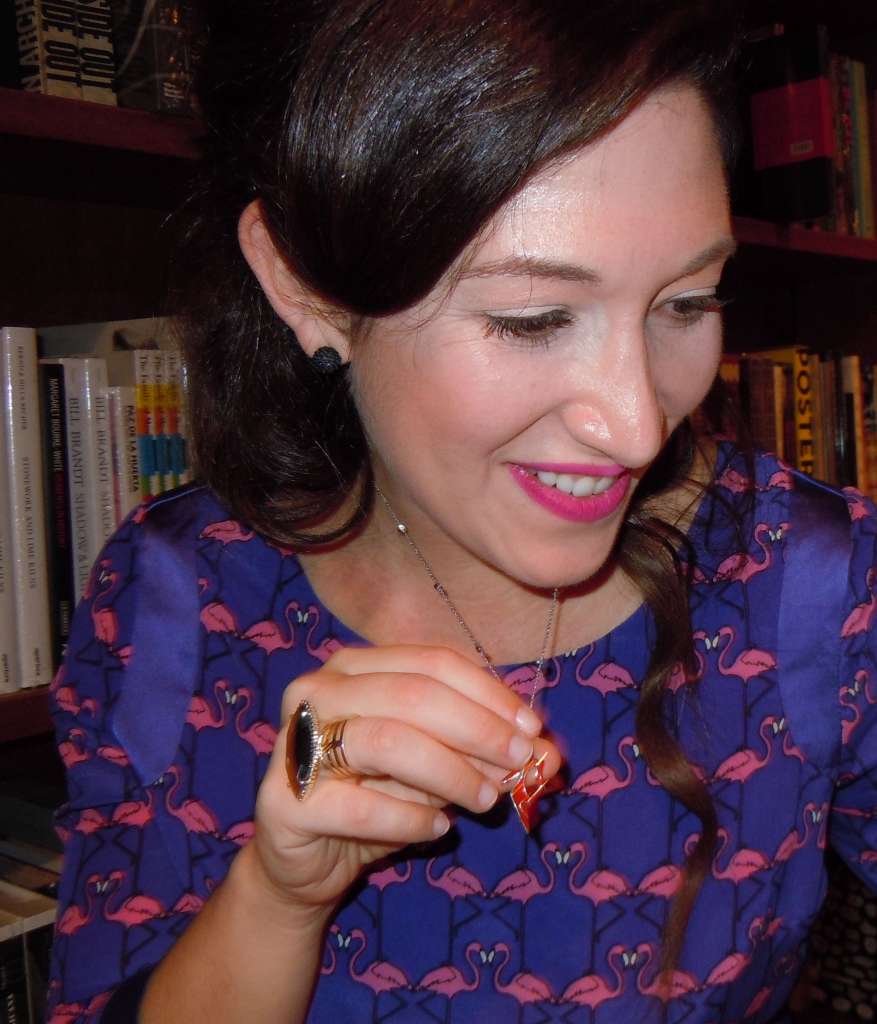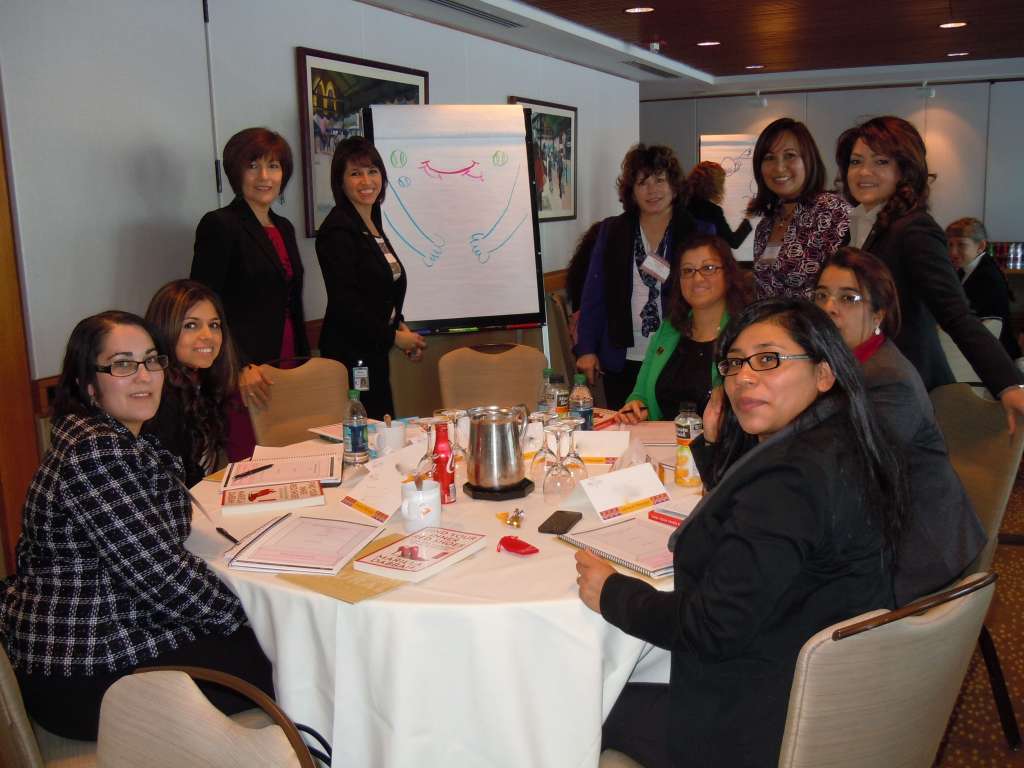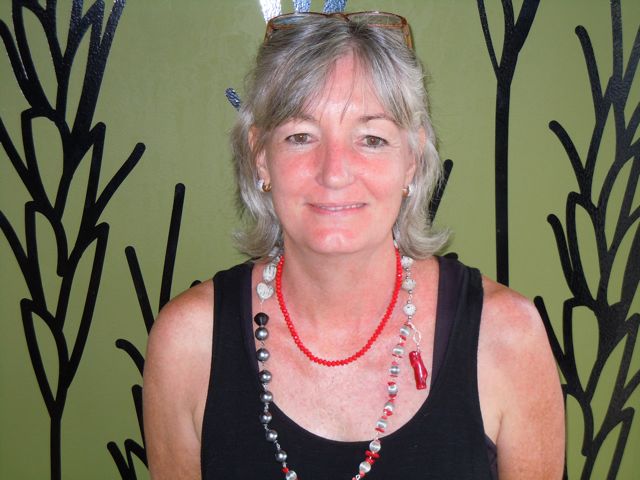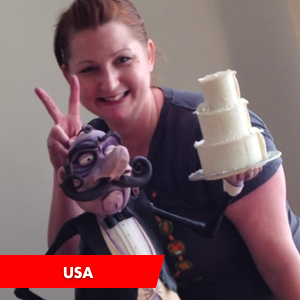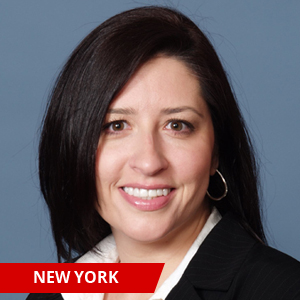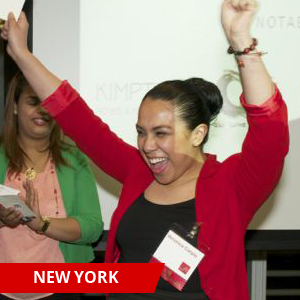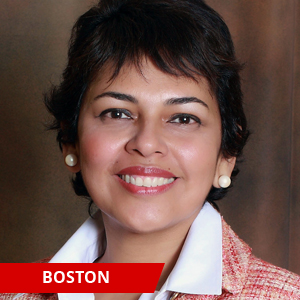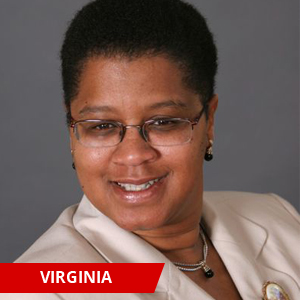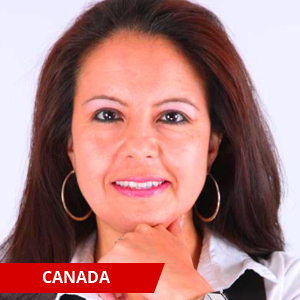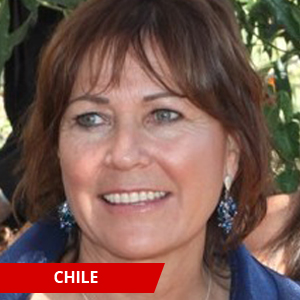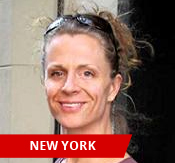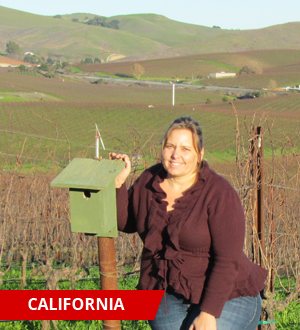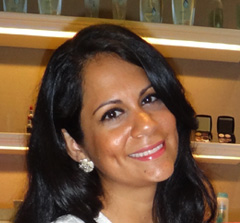The benefits of being bilingual have been proven in study after study. Berta Bejarano has built a career based on her passion for Español. Read her story.
It’s not often that we focus on people who use their language abilities to make a living. Yet being bilingual is what inspired Berta Bejarano to build a career to help others understand the American system. Whether in the court system or in the health care industry, this Californian who was raised in Colima, Mexico, confirms that when you unify your passion with your skills great things can happen.
Punished for being bilingual? You bet! It’s not that unusual…
As a teenager you were punished for being bilingual. You were suspended for a day for speaking Spanish in the hallway of your high school. How did this experience influence your decision to become a court interpreter?
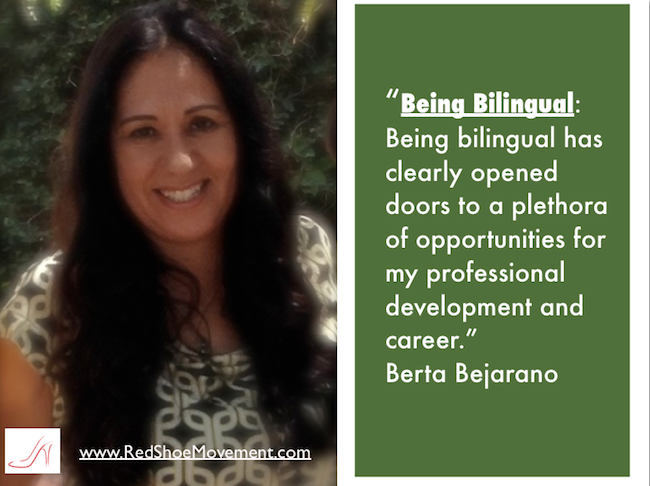
The experience was not fun and without a doubt defined my passion for the love of the Spanish language. (Along with my high school Spanish teacher who taught me about the richness and beauty of the Spanish language.) I excelled at learning new words, studying them and implementing them in my daily life. I was hungry to enhance my Spanish vocabulary and even carried a Spanish journal with me and when I came across a word I loved I would write it down and repeat it throughout the day and use in in sentences which had no relevance, to me that was fun. I drove my Spanish speaking friends (which were not many) nuts by always correcting their Spanglish. I recall one of my favorite Spanish words was MURCIÉLAGO, translation=bat. (the animal.) Not because I liked the animal but because the word MURCIÉLAGO is the only word in Spanish that contains all 5 vowels.
When it was time to apply to college, my destiny was clear, I immediately declared my major, Spanish, with the intention to become a Federal court interpreter, and later a State interpreter. I applied to University of California Berkeley and received a Bachelor of Arts degree in Spanish. I later would study at the Monterrey Institute of International Studies and then become a Spanish court interpreter for 10 years with the U.S. Department of Justice. I knew failure was not an option and I wanted to to pursue higher education. My older sister, Tita, created a beautiful cascade in my family and paved the way to make it easier for me to attend college and graduate school as young Latina woman and the daughter of a Mexican baker, my father.
After 10 years of court interpreting I desired a change. At that time medical interpreting was viewed negatively as a profession amongst interpreters. But I wanted to take a risk so I became a health care interpreter for Kaiser Permanente, a large HMO in the United States.
How did your every day experience of being bilingual impact your new job?
My Spanish language skills and expertise took me full circle from interpreting for my parents at doctors appointments, to community interpreting, to legal interpreting to finally health care interpreting. A profession as equally important as in the legal setting. I instantly found my true calling, health care and the love of español.
You continued your education and found a career path at Kaiser Permanente that leveraged your passions and skills. Tell us about that.
I was hungry to become “La Jefa” of the interpreters and knew the next step in my professional development was to widen my experience and obtain a graduate degree. Which is what I did. I successfully obtained my Organizational Development graduate degree from Stanford University in 2004 and began working for the Judicial Council Court Interpreters Statewide Program located in San Francisco. Having worked there five years I longed to return to Kaiser Permanente in a management capacity. I became Kaiser Permanente San Rafael’s Program Manager of Diversity.
My career at Kaiser Permanente San Rafael and my mentor and manager, Patricia Kendall, Medical Group Administrator, have been instrumental to my professional development. Ms. Kendall has been pivotal in my professional journey where I now hold the position of Executive Director of Diversity, Linguistic & ADA Services. She has endorsed me and supported me to attend numerous programs in and out of the organization such as, Kaiser Permanente’s Leadership Diversity Development Program, and the National Hispanic Corporate Council’s Latino Corporate Executive Development Program. A program tailored for a select group of high-potential rising leaders who have been chosen to participate in their innovative program.
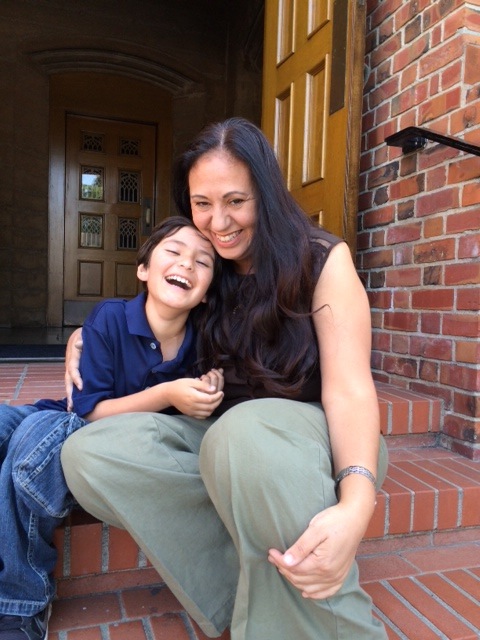
Why do you feel this program in particular can make a difference in Hispanic professionals seeking leadership positions?
The National Hispanic Corporate Council and SMU’s Cox School of Business located in Dallas, Texas have created their program to address the leadership gap among Hispanic executives in Corporate America. Even though Latinos represent nearly 16% of the population, less than 1% of Fortune 1000 corporate officers are Latino. I was fortunate to attend this one year program at SMU which addresses many of the causes for this gap which include cultural factors, team and organizational leadership skills, and the need to build social capital.
Benefits of being bilingual still not appreciated fully in the U.S.
In the U.S. the benefits of being bilingual are not yet fully appreciated. What are some of the career advantages you’ve experienced due to being bilingual?
Being bilingual has clearly opened doors to a plethora of opportunities for my professional development and career. Speaking two languages rather than just one has many benefits in our increasingly growing diverse demographics. Studies demonstrate the clear advantages of being bilingual: the ability to converse with a wider range of diversity of people. Being bilingual, makes you smarter. Studies show it can have profound effect on your brain, improving cognitive skills not related to language and even shield against dementia in old age. The view of bilingualism has certainly evolved from when I was in high school and is viewed remarkably different which is a welcomed and inclusive change. More than one in 5 school-aged children (21%) speak a language other than English at home. That number of bilingual speakers of course is projected to increase given the growing demographics of Latinos.
As result of being bilingual, I became a Federal and State court interpreter, I was the first court interpreter the Judicial Council Court Interpreter Program hired to oversee the Interpreter Statewide program. I have been fortunate enough to be invited to sit on an array of executive boards and committees as a result of me being bilingual and possessing linguistic expertise.
Share with us any of the challenges you may have faced due to prejudice because of your being bilingual.
We’re not universally loved by all. Being bilingual as a child, I was targeted as being “different”, especially since my parents immigrated from Mexico and had a strong accent and retained a strong connection to our culture. During the late 70’s and early 80’s it was frowned upon being bilingual. At that time it was common for immigrant parents to ask their children to refrain from speaking Spanish in public attempting to protect them from racism, discrimination and public humiliation. It was an effort to assimilate their children to American society. It was my strong willed, loving and dear mother, Maria Bejarano, who instilled in me our rich cultural values with great orgullo. My mother encouraged me to continue to grow my passion for language and supported me every step of the way when others made fun of me when I declared my major as Spanish in college.
As adults, bilinguals are often looked upon as haughty or overly proud of themselves, some peers feel jealousy, especially if they do not speak a second language. In high school I was often viewed as a “show off” because of my language skills. Becoming bilingual in school is often greeted with hostility by parents who can view it as an attack on their native culture, or as an impediment to their children’s learning. But the idea that learning a second language slows down learning in the native tongue or in the other subject has been disproved time and time again.
Working at Kaiser Permanente, a dream job
You have several jobs all related to being bilingual. What kind of satisfaction do you derive from being the one who helps people communicate with each other?
I truly love, love, love what I do for Kaiser Permanente. Simplicity is often profoundly difficult to put into action. I wish everyone would have the best employer in the world. So, thinking positively about your work is key and that for me brings me satisfaction on many levels. I dwell on the aspects of my work which bring me pleasure, providing quality language access, educating our health care physicians and providers on how to enhance their cultural agility to promote wellness not only in the Latino community but to all members we serve. Like the saying goes, “Live Happier by Doing What you Love”. Happiness is largely a choice, my choice to practice everyday.

What exactly do you do at Kaiser Permanente?
Heavy loaded question, the key word in my job is diversity. In any one day I could be overseeing our bilingual workforce programs, leading various work committees and boards, conduct Diversity Council meetings, translation unit, mentor young Latino students interested in higher education and utilizing their language skills, going out to the communities we serve and bringing health care services directly to them, managing our interpreter staff, presenting at the local RN nursing program students on cultural compentency, and devising and disseminating communication guides for clinicians and staff.
You can connect with Berta Bejarano on:
Twitter: bertaalicia@babaztlan
Linkedin: www.linkedin.com Berta Alicia Bejarano





















































































































